Vehicle Collision Specialists: Mastering Efficient Repair Timelines
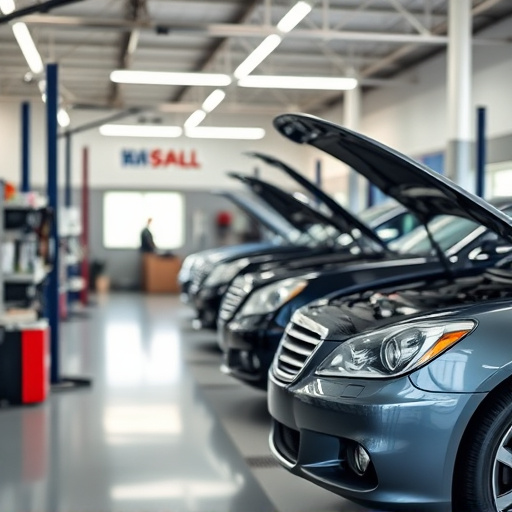
Vehicle collision specialists streamline car repair processes, utilizing advanced tools and techniqu…….
Welcome to an in-depth exploration of a critical yet often overlooked aspect of modern mobility – Vehicle Collision Specialists. This comprehensive guide aims to demystify the role, impact, and future potential of these professionals who play a pivotal part in managing and mitigating automotive accidents. From their technical expertise to regulatory roles, we will uncover the multifaceted world of vehicle collision specialists, offering valuable insights for both industry insiders and curious readers.
Definition: Vehicle collision specialists, often referred to as accident investigators or forensic engineers in various regions, are highly skilled professionals specializing in analyzing and reconstructing vehicle collisions. Their work extends beyond mere incident response; they provide critical insights that influence safety standards, legal proceedings, and insurance claims.
Key Components:
Historical Context: The field’s roots can be traced back to the early 20th century when automotive accidents began to rise, leading to increased demands for expert analysis. Over time, the role evolved from simple accident reporting to a more complex discipline involving advanced forensic techniques and safety advocacy. Today, their expertise is sought after globally, with specialized training programs ensuring a consistent level of proficiency.
International Reach: Vehicle collision specialists operate in virtually every country worldwide, adapting their skills to diverse legal systems and road conditions. The global nature of the automotive industry ensures a constant demand for these professionals, as manufacturers and regulatory bodies strive for consistency in safety standards.
Regional Differences: While the core principles remain consistent, regional variations exist:
Trending Topics:
Market Size: The global vehicle collision specialist market is substantial, reflecting the worldwide prevalence of automotive accidents and the subsequent need for expert analysis. According to a 2022 report by ResearchAndMarkets.com, the market size was valued at USD 1.5 billion in 2021 and is projected to grow at a CAGR of 7.8% from 2022 to 2030.
Investment and Opportunities:
Economic Impact:
Digital Transformation: Technology has revolutionized collision specialist practices:
Emerging Technologies:
Global Regulatory Frameworks: The United Nations Economic Commission for Europe (UNECE) plays a pivotal role in setting international standards for vehicle safety, including guidelines for collision investigation. Many countries have adopted these standards, ensuring a consistent approach to accident management.
Regional Variations:
Key Policies and Their Impact:
Main Challenges:
Criticisms and Strategies:
Case Study 1: The High-Speed Collision Reconstruction
A specialist team was called to investigate a high-speed intersection collision between two passenger vehicles. Using CAR software, they created a detailed 3D recreation of the incident, revealing that both drivers had failed to yield at a four-way stop sign due to blind spots caused by surrounding structures. This analysis led to changes in local traffic signal timing and improved signage, preventing potential future accidents.
Case Study 2: Uncovering Product Liability
In a case involving a defective airbag deployment system, collision specialists played a crucial role. By analyzing the vehicle’s black box data and examining physical evidence from the crash site, they determined that the airbag module had malfunctioned due to a manufacturing defect. This led to a significant product recall and improved industry safety standards for airbag systems.
Case Study 3: Cyber-Enabled Investigation
A recent incident involved a vehicle being remotely hacked, leading to unintended acceleration. Specialists utilized advanced diagnostic tools to trace the cyberattack’s origin and identified vulnerabilities in the vehicle’s infotainment system. This case highlighted the emerging role of collision specialists in addressing cybersecurity risks in connected vehicles.
Growth Areas:
Emerging Trends:
Strategic Considerations:
Vehicle collision specialists stand at the intersection of technology, law, and public safety, playing a pivotal role in shaping a more secure mobility future. Their expertise is not just confined to accident reconstruction but extends to influencing safety standards, legal frameworks, and even cybersecurity protocols. As autonomous vehicles and connected technologies transform the automotive landscape, these professionals will remain indispensable, guiding us towards a safer, smarter, and more resilient transportation system.
Q: What education or training is required to become a vehicle collision specialist?
A: Typically, specialists possess a strong background in engineering, forensics, physics, or related fields. Many pursue advanced degrees or specialized certification programs offered by professional organizations. Hands-on experience through internships or working with established teams is highly valuable.
Q: How do collision specialists ensure the integrity of digital data from vehicles?
A: Specialists employ various techniques, including secure data collection protocols, encrypted storage, and advanced authentication methods. They also utilize specialized software to validate data integrity during analysis, ensuring that evidence remains unaltered.
Q: Can vehicle collision specialists be involved in legal cases?
A: Absolutely. Their expert testimony is often sought in civil and criminal lawsuits related to automotive accidents. They provide unbiased analyses that assist judges and juries in reaching fair conclusions.
Q: What role do collision specialists play in autonomous vehicle development?
A: As self-driving cars become more prevalent, specialists will be crucial in identifying and addressing technical failures or software glitches. They will also contribute to the design of safety systems for these vehicles, ensuring they meet stringent new standards.
Q: How can the public ensure they receive accurate accident reconstruction reports?
A: Public awareness about the importance of specialist independence and ongoing training is key. Engaging specialists in community education programs and promoting transparent reporting practices can enhance trust in their work.

Vehicle collision specialists streamline car repair processes, utilizing advanced tools and techniqu…….
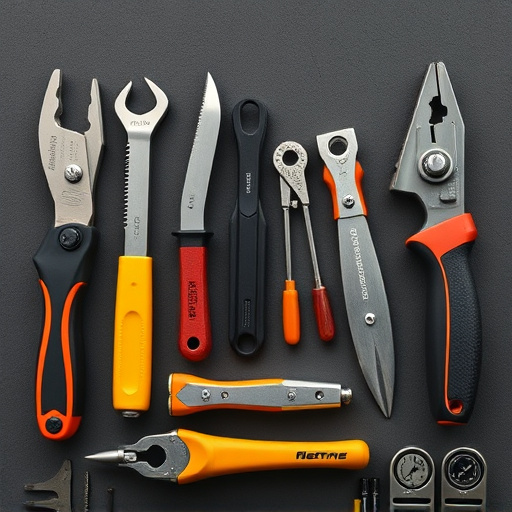
Vehicle collision specialists are highly skilled auto mechanics specializing in modern vehicle repai…….

Vehicle collision specialists are trained professionals who expertly assess and restore damaged vehi…….
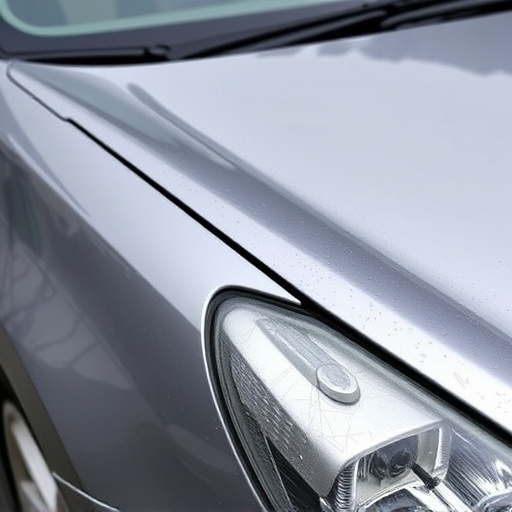
Vehicle collision specialists play a pivotal role in automotive restoration, offering a full range o…….
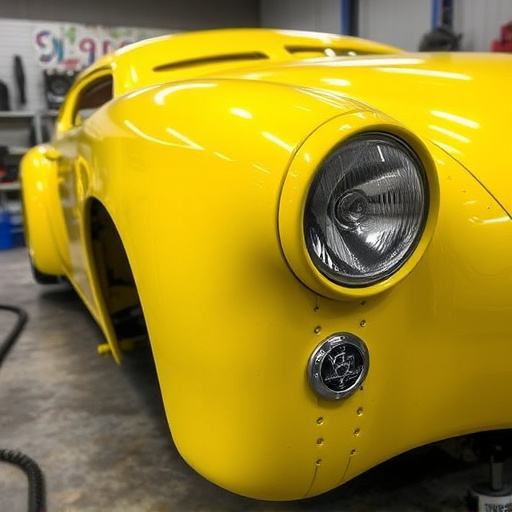
Vehicle collision specialists play a crucial role in damage documentation and repair processes, usin…….

Vehicle collision specialists expertly restore damaged cars to their pre-accident condition using ad…….
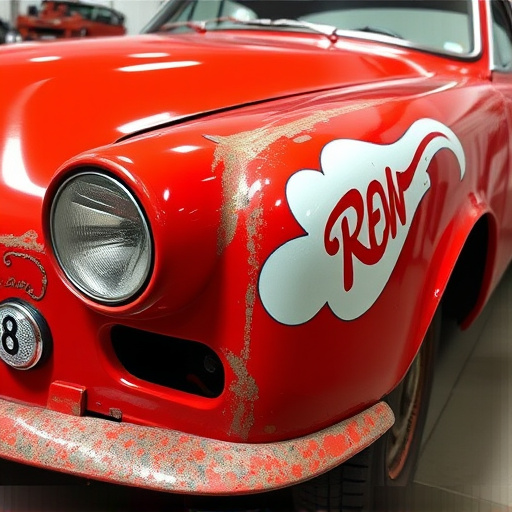
Vehicle collision specialists are expert mechanics with advanced tools like 3D scanning and imaging…….
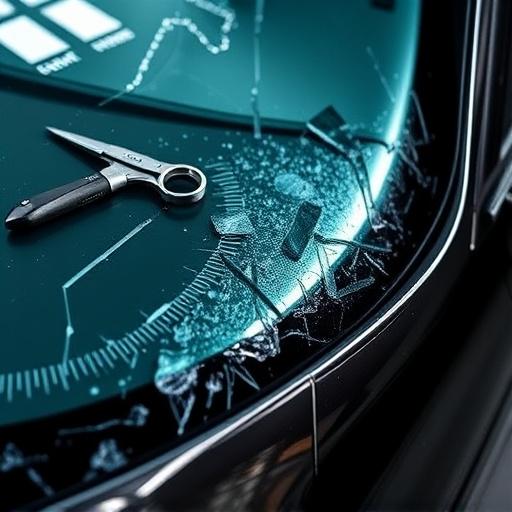
Vehicle collision specialists play a crucial role in ensuring vehicle safety and legality post-accid…….
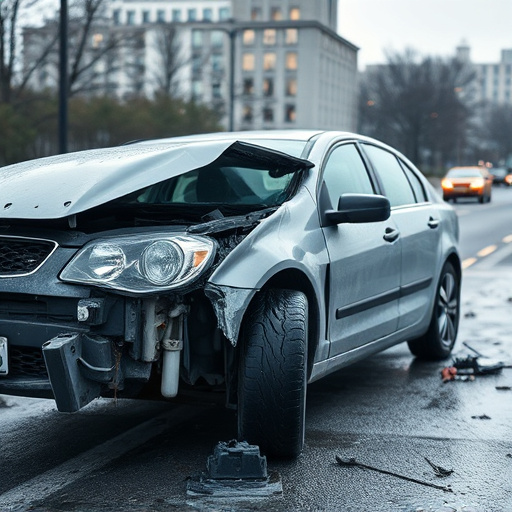
Vehicle collision specialists are crucial for navigating post-accident insurance claims. They inspec…….
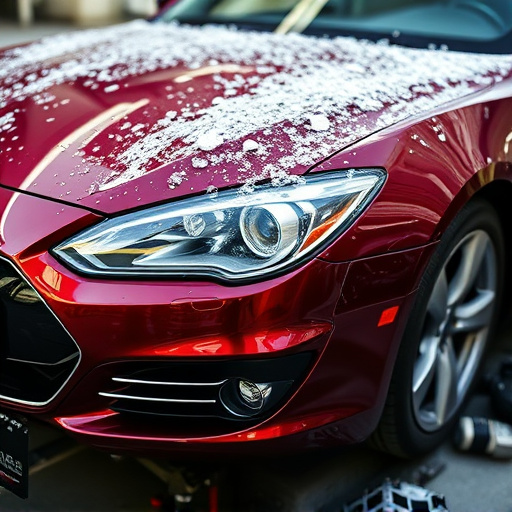
Vehicle collision specialists are expert investigators who use advanced tools like 3D imaging and CA…….